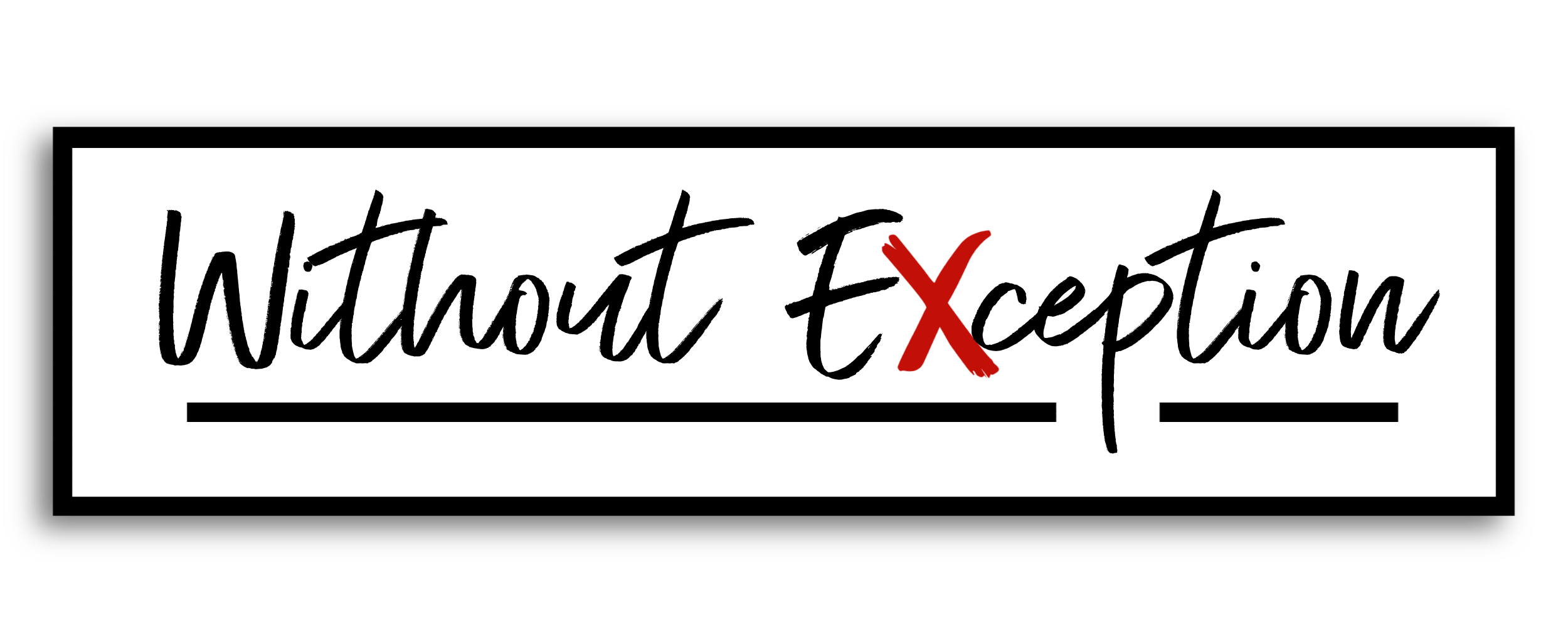Passage Reading: Isaiah 37-39
In today’s passage, we see the conclusion of this short narrative portion of Isaiah overviewing a few episodes from the life of King Hezekiah of Judah. Hezekiah was one of few kings considered righteous during this time, but we see from chapter 39 amongst other things he was still imperfect. He’s another reminder that while some kings were good, the people of God needed a greater king, the Messiah, Jesus Christ. However, there are some things we can learn from Hezekiah’s life and one of the big takeaways that I think on a lot is his example of prayer. We saw in yesterday’s reading that Sennacherib the king of Assyria was coming against Judah and the Assyrian Rabshakeh, a military officer, had called out to the people of Judah challenging them not to trust in the Lord, Yahweh, the covenant God of Israel. He points out that no other nations gods had delivered them (36:14-18, 37:10-13). Hezekiah has a major problem, and how does Hezekiah respond? He goes to the prophet and he goes to the Lord in prayer. After the initial encounter, he goes with signs of mourning to the prophet (37:1-4), and when Hezekiah gets a letter threatening them he takes the letter and spreads it before the Lord in the temple and prays (37:14-15). Then the Lord responds, through the prophet, “Because you have prayed to me…” (37:21) that He was going to turn things around. For Assyria’s power had all been a gift from the Sovereign Lord who had appointed them for His purpose (see 37:26-29). It was God who gave Assyria the power over Israel, and it was ultimately God who would give Babylon power over Judah. It was all in His divine purpose in bringing judgment upon His people, but the Assyrians in their pride thought they were the ones in charge not realizing it was all a work of God’s hand… How humbling it is to know that God’s ways are so much higher than our ways and that any boasting we do of greatness in this life is boasting in something we received as a gift! The Sovereign Lord of heaven and earth is the one truly at work and we have the privilege of partnering with Him in prayer. Hezekiah spreads the letter before the Lord and the Lord responds in light of his prayer. Hezekiah gets sick (ch. 38) and he prays, and God answers his prayer. We don’t know how or why or when God answers, we don’t know why sometimes He grants our requests and other times He doesn’t, but what we must trust is that ultimately He is working things out according to His sovereign purpose and we just get to be a small part of what He is doing and what a privilege that is! I remember hearing one time that someone had asked theologian R.C. Sproul why they should bother praying if God is sovereign. If God’s will is the ultimate prevailing force in the world and God is going to do what He is going to do, why even bother? I just love his reply, he said, “Well why pray if He isn’t?” If God isn’t the sovereign King then He can’t answer your prayers because He doesn’t have the power to do so! If God isn’t sovereign then He might want to answer your prayers but can’t! Yet, the Christian trusts and believes that God is a sovereign God who is working all things according to the counsel of His will (Eph. 1:11). We don’t need to know how or why prayer works, but God puts it forward so clearly in His Word that it works because it appeals to a God who is at work. Jesus said we ought to bring our needs to God, even though He already knows about them (Matt. 6:8). Why God works like this or how it all works in balancing out sovereignty and responsibility isn’t our job to figure out, our job is to trust Him, and with this to pray. Truly He is a God who loves and cares for us, who hears our prayers, and in response to our prayer and in alignment with His will, He is at work in this world more than we’ll ever know this side of glory.

Leave a Reply